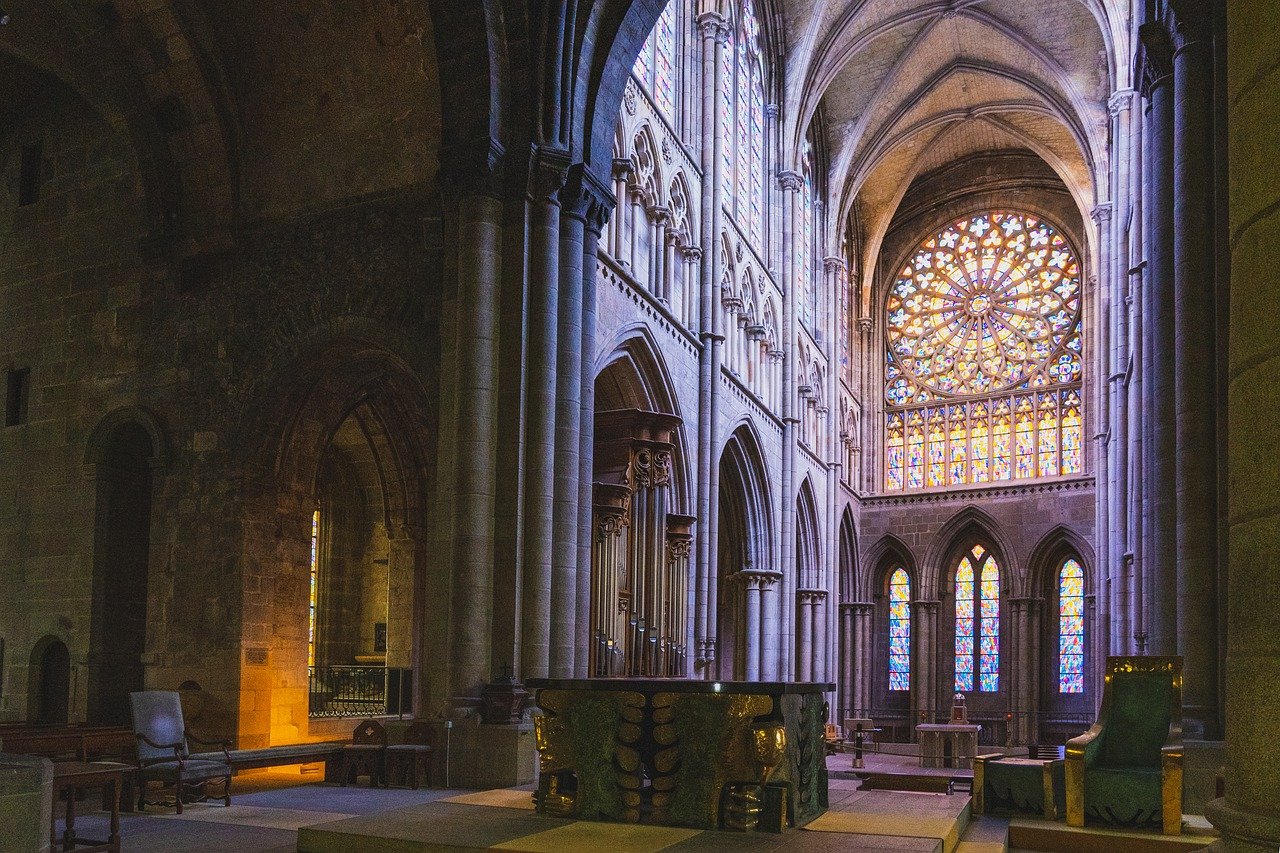In the southern Albanian town of Përmet, a dispute over the ownership and use of a cultural center escalated into a confrontation between the local Orthodox Church and the authorities. The conflict centers on a building that served as both a religious site and a cultural hub.
On the day in question, the situation reached a boiling point when police intervened to regain control of the building. Local members of the Orthodox Church had occupied the site, claiming that it rightfully belonged to the religious community. The cultural center had once functioned as a church before being nationalized during the communist era.
Tensions have been simmering for years over the building’s use. The Orthodox Church has consistently asserted its claim over the structure, while local officials have maintained that it serves the broader community as a House of Culture. The police operation, which involved clearing the site of church representatives, sparked protests and accusations of religious discrimination.
Despite the church’s long-standing involvement, authorities argue that the building was designated for public cultural use decades ago, and they have taken steps to ensure it remains open for community activities.
The Albanian Orthodox Church has strongly criticized the police intervention, stating that it was both disrespectful and inappropriate for religious freedom. Supporters of the church gathered in front of the building, condemning what they described as the violation of their rights.
The conflict highlights broader tensions in Albania regarding property rights and religious heritage, particularly in areas where religious structures were repurposed during the country’s communist period. It remains to be seen how this dispute will be resolved, but the clash between the church and local authorities demonstrates the complexities of balancing cultural heritage with public use.






